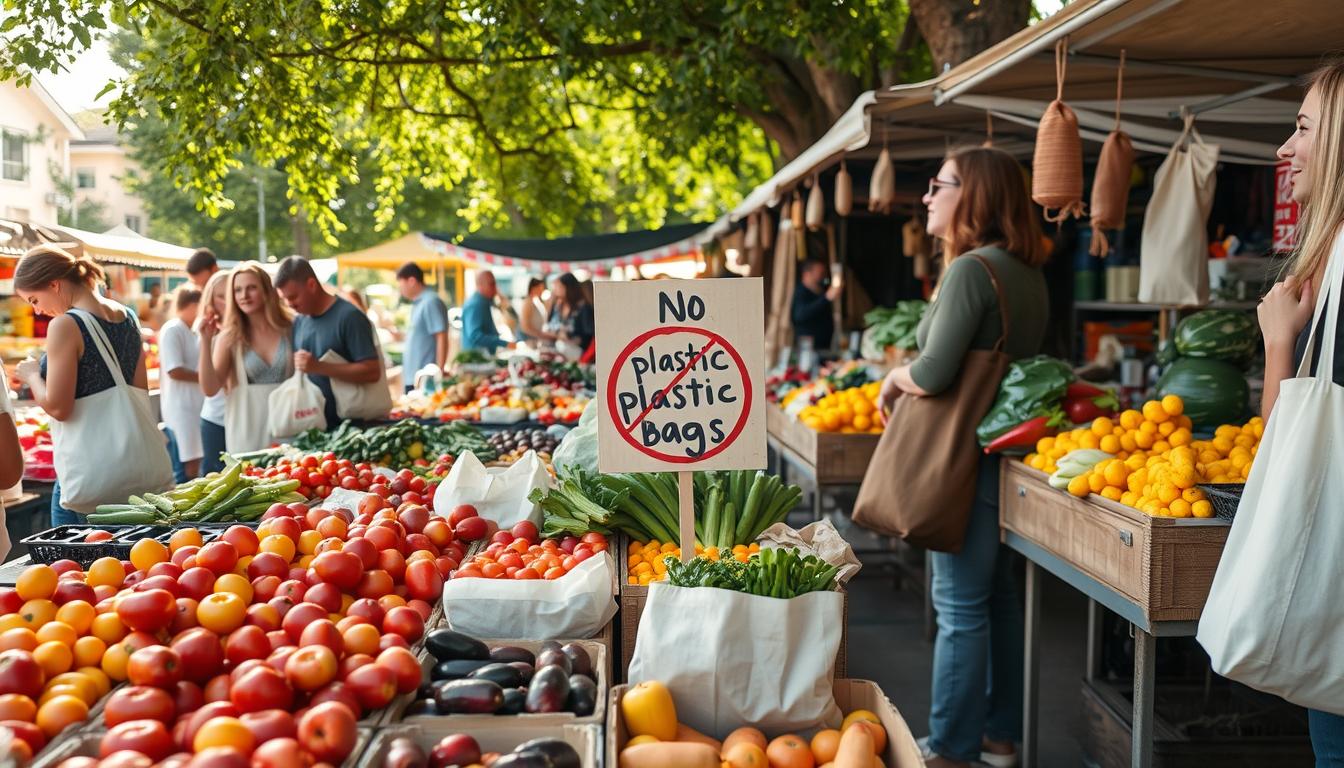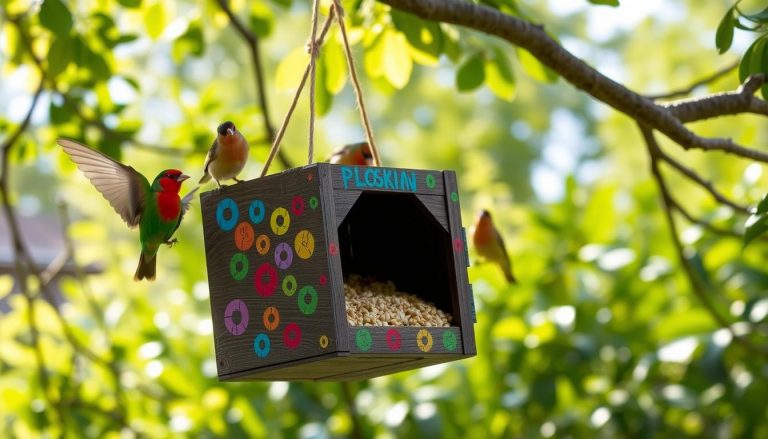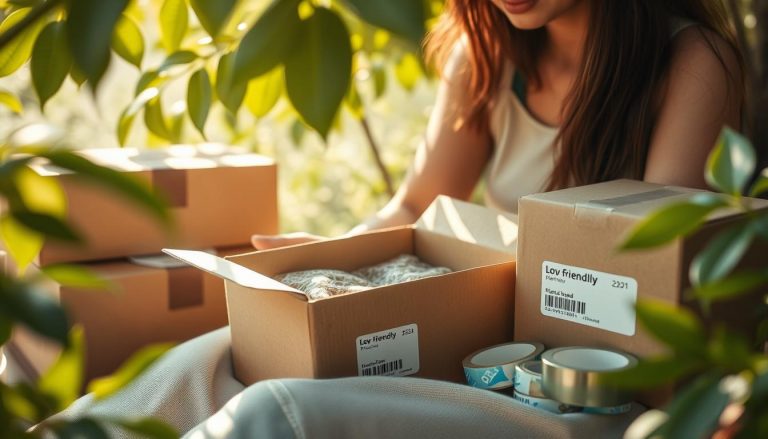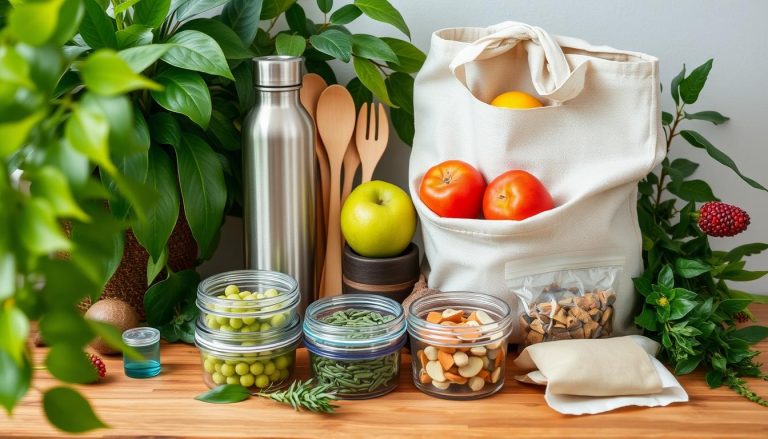Go Plastic Bag Free: Simple ways to reduce your plastic use
Plastic bags have a profound impact on our environment, affecting ecosystems, wildlife, and even human health. As awareness grows about the need for plastic bag reduction, many people are turning towards eco-friendly shopping practices and sustainable living habits. By understanding the life cycle of plastic and its broader implications, we can begin to reduce plastic waste effectively. Most importantly, adopting a zero waste lifestyle starts with simple changes, such as switching to reusable bags. In this article, we’ll explore how you can take actionable steps to eliminate your reliance on plastic bags.
Understanding the Impact of Plastic Bags on the Environment
Plastic bags have a significant negative impact on the environment, contributing to various issues that extend far beyond their immediate use. These non-biodegradable materials persist in our landscapes and oceans, leading to severe plastic pollution effects. The disposal and breakdown of these bags adversely affect ecosystems and wildlife, resulting in devastating harm to wildlife.
The Environmental Consequences of Plastic Bag Use
The consequences of plastic bag use are multifaceted. As plastic bags break down, they transform into microplastics that permeate soil and water. This ecosystem disruption alters habitats and threatens vital natural processes. Marine and terrestrial animals frequently ingest plastic bags, leading to internal injuries or even death. Chemicals released during the production and waste processes of plastic bags further contaminate our environment, impacting human health and biodiversity.
Statistics on Plastic Pollution and Waste
A closer look at plastic waste statistics reveals the scale of this crisis. According to data, global plastic consumption has surged, with approximately 1 million plastic bags used every minute. Alarmingly, only around 9% of plastic waste is recycled each year, while the vast majority accumulates in landfills or enters nature, where it can linger for hundreds of years. Reports show that plastic bags are among the most prevalent pollutants in marine environments, emphasizing the pressing need to address the plastic waste crisis through collective action.
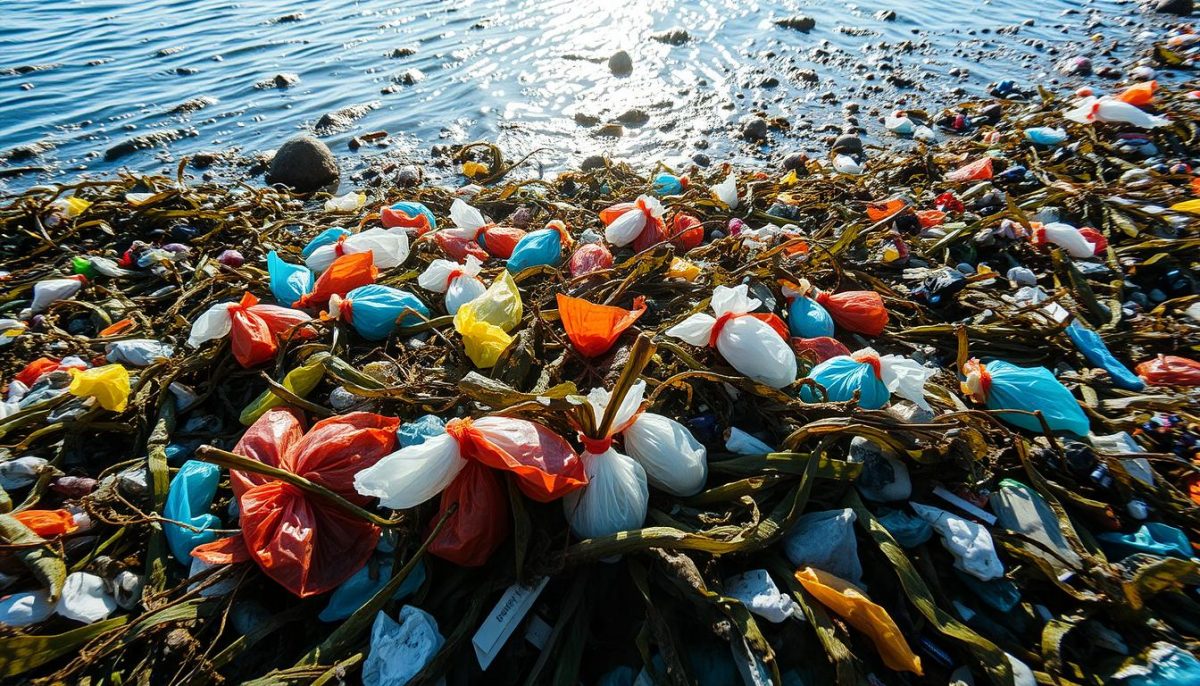
Go Plastic Bag Free: Simple ways to reduce your plastic use
In the quest to embrace sustainable shopping practices, it’s crucial to explore practical alternatives that minimize plastic use. The transition to eco-conscious buying begins with effective substitutions. By integrating easy alternatives to plastic bags, consumers can make substantial strides toward reducing their environmental footprint.
Easy Alternatives to Plastic Bags
Reusable shopping bags serve as a simple yet effective solution for those aiming to cut down on plastic. Available in various materials, these bags can be crafted from cloth, jute, or recycled resources. Brands like Baggu and ChicoBag offer stylish and durable options that cater to different shopping needs. For occasions requiring disposable solutions, biodegradable bags and compostable options present viable eco-friendly bags that break down more naturally than traditional plastic counterparts.
Incorporating Sustainability into Your Shopping Routine
Embedding sustainability into everyday shopping routines can enhance eco-friendly behaviors. Start by planning shopping trips to avoid last-minute plastic purchases. Maintain a reusable item checklist to ensure essential bags are readily available. Opting for bulk items reduces packaging waste, aligning with sustainable substitutes for conventional products. Supporting local businesses often yields opportunities to access sustainable options while promoting community awareness around plastic-free shopping.
Communicating preferences for eco-friendly practices to retailers encourages a shift toward more sustainable offerings, ultimately benefiting the environment. Empowering individuals to adopt these changes fosters a culture of eco-conscious buying, setting a foundation for a healthier planet.
| Alternative Type | Material | Usability | Environmental Impact |
|---|---|---|---|
| Reusable Shopping Bags | Cloth/Jute/Recycled | Multi-use | Minimizes landfill waste |
| Biodegradable Bags | Plant-based | Single-use | Breaks down naturally |
| Compostable Bags | Compostable materials | Single-use | Returns nutrients to soil |
Tips for Encouraging Others to Go Plastic Bag Free
Engaging effectively in discussions about plastic bag use can significantly boost plastic bag awareness within communities. Implementing thoughtful communication strategies allows individuals to share their experiences, addressing the broader impacts of plastic waste. Storytelling, for instance, can foster deeper connections and inspire changes in behavior. Emphasizing the benefits of reducing plastic consumption encourages friends and family to explore alternatives.
Starting Conversations Around Plastic Use
Open dialogues about plastic use can create an encouraging environment for awareness. Sharing relevant articles and personal stories can spark interest. Hosting informational meet-ups presents a fun opportunity for group discussions. By framing conversations positively, individuals can effectively engage others, showcasing the importance of social responsibility in daily habits.
Community Initiatives and Events to Promote Change
Community sustainability events serve as platforms for collective action. Local environmental initiatives like park clean-ups or “Plastic-Free Challenges” encourage participation and responsibility within the community. Resources from organizations such as the Plastic Pollution Coalition provide templates for education programs and workshops. These events allow individuals to connect, motivate each other and magnify the impact of local plastic-free campaigns.
Social Media Campaigns for Awareness
Harnessing social media for online activism amplifies the message of reducing plastic bag usage. Creating dedicated hashtags, like #PlasticFree, helps to drum up support for environmental awareness campaigns. Engaging posts, striking videos, and compelling infographics can reach wider audiences, with relatable messaging about the importance of sustainability. Successful campaigns by groups like Surfrider Foundation exemplify how online platforms can drive community interest and participation.
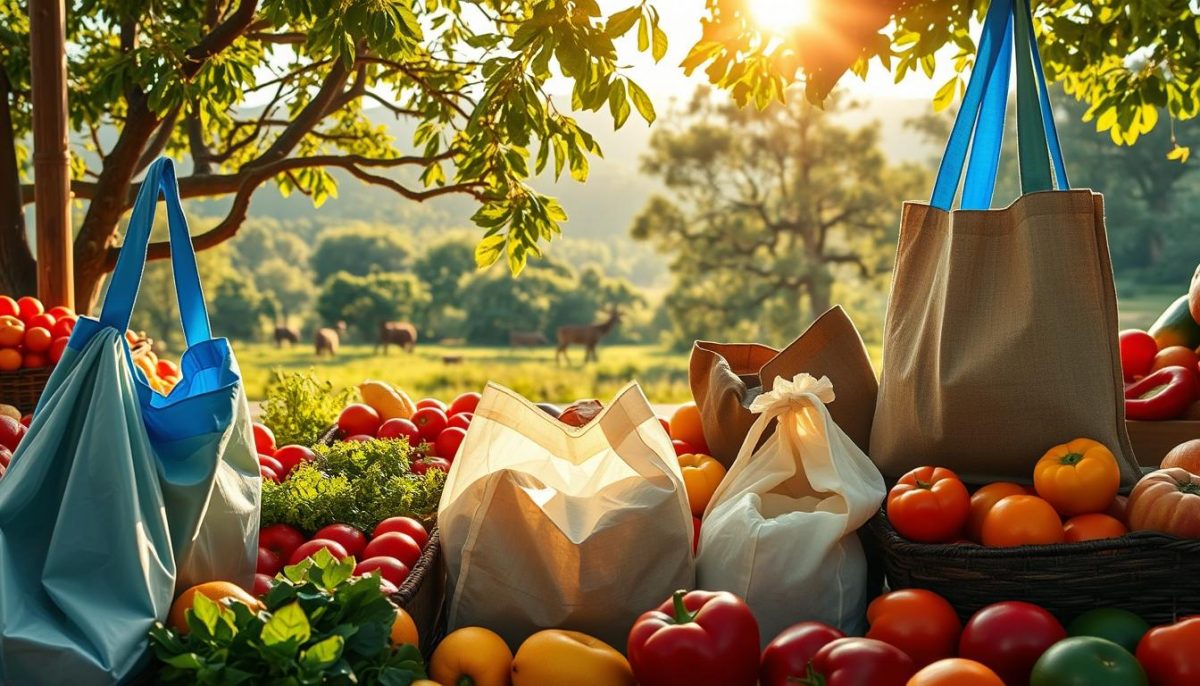
Long-Term Benefits of Reducing Plastic Use
Embracing a lifestyle that reduces plastic use yields numerous benefits that extend beyond individual habits. The ecological advantages of decreasing plastic consumption lead to healthier ecosystems, where wildlife can thrive without the threat of entanglement and ingestion of harmful materials. This shift is a vital part of promoting environmental health and contributes to improved conditions for various species, ultimately fostering biodiversity.
Economically, the move toward sustainable practices stimulates the market for eco-friendly products and services. As more consumers become aware of the benefits of reducing plastic, they foster demand for alternatives that are less harmful to the planet. This change not only supports innovative companies but also encourages investments in green technology that promote sustainable lifestyle impacts.
Furthermore, by cultivating a culture of sustainability, individuals can drive essential policy changes that prioritize environmental protection. When communities unite around sustainability, they hold their local governments accountable for implementing reforms that address plastic pollution. Ultimately, the collective efforts to reduce plastic consumption benefit individual health and wellbeing, creating a ripple effect that bolsters both personal and planetary wellbeing.

